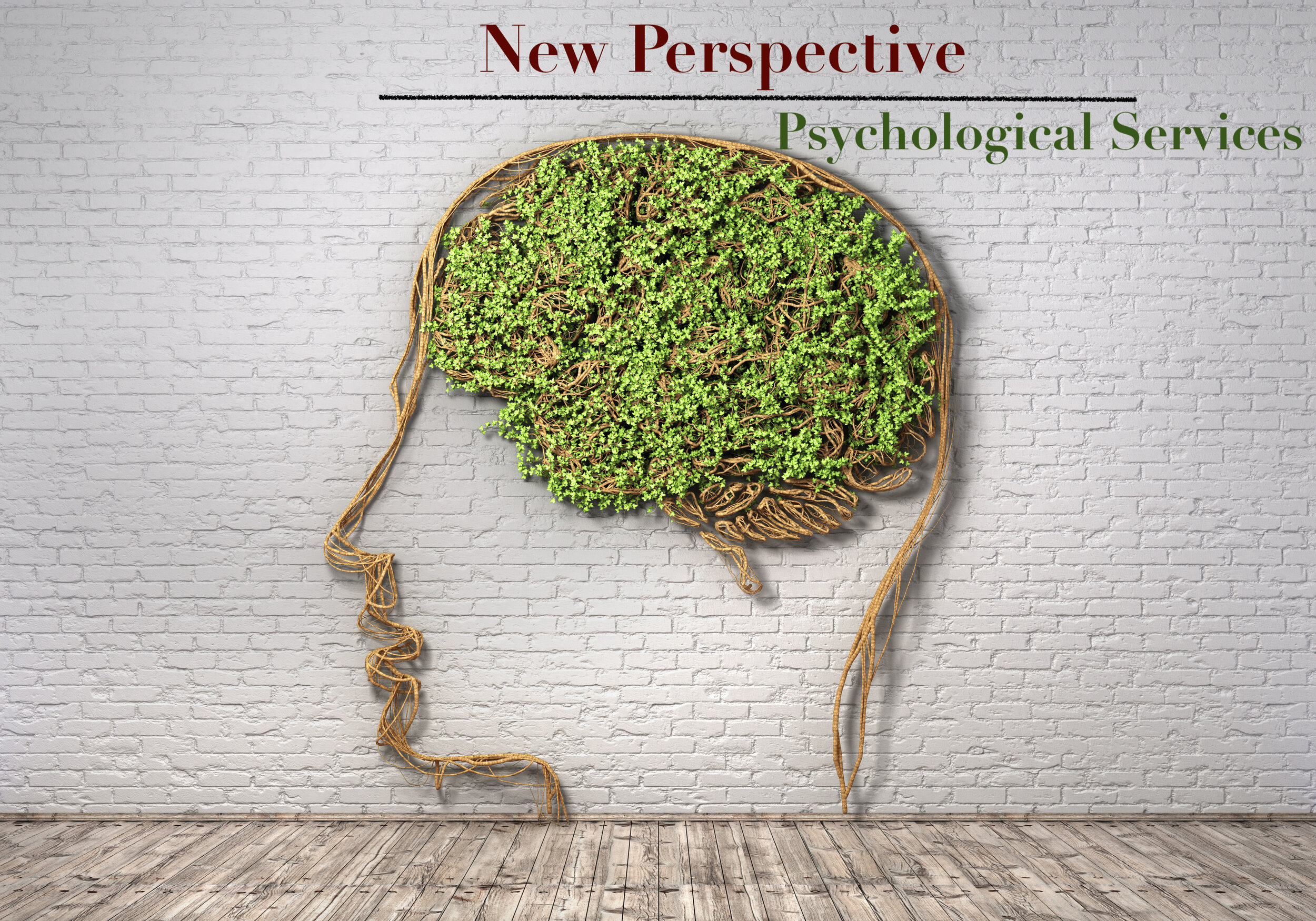Living With Depression
Major Depressive Disorder is one of the most common reasons why people seek out therapy. Most of the time when people talk about depression they think about sadness; however, depression is so much more than that. It is more than that feeling post break-up when you're in a fog for a few days or even weeks. When people feel depressed they often feel empty or irritable all the time; in addition to that constant nagging feeling that they will never be enough and nothing will get better.
We (psychologists, scientists, doctors) don't really know why one person gets depressed and another person in the exact situation doesn't, but we do have a pretty good idea what makes someone more vulnerable to it. Trauma, particularly long term negative childhood experiences, grief, loss, relationship problems, genetics, environment, chronic pain/illness, and generally feeling stagnant makes someone more likely to develop depression.
Even if you or a loved one doesn't seem to fit into any of the categories above, sometimes the why isn't nearly as important as the 'what next.' The truth is that living with depression is difficult, but for most people it's temporary. The very first thing to do is to start by acknowledging things that seem 'easy' on paper are genuinely hard; it makes the smallest tasks like getting dressed or going to the grocery store seem unbearable. That is why it is important and helpful to celebrate daily successes - nothing is too small or insignificant.
The next thing someone with depression should do is find a way to express your feelings. Journaling is a great resource, but if possible, surround yourself with positive people who can be there for you in your time of need. Talk to family and friends about your struggles and work with them to identify ways in which they can be supportive. Another helpful source of support is therapy. Many psychologists, including myself, utilize a person-centered approach, which focuses on empathy, genuineness, and using a non-judgmental stance. I work to meet people where they are, help improve understanding of emotions, and identify ways to overcome the sadness.
Don't be afraid to reach out to a psychologist for help. If what you're doing isn't working, try something different!

